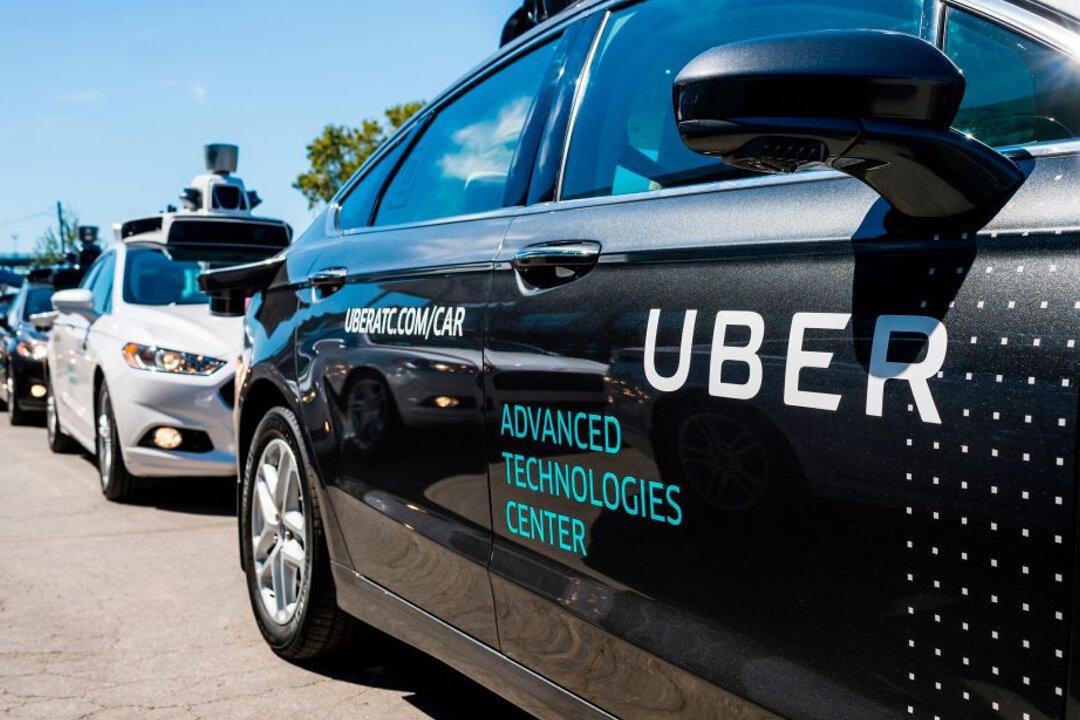California lawmakers passed a bill on Sep. 10 that will transition Uber and Lyft contract workers into full-time employees and provide them with the benefits of holiday and sick pay.
The legislation passed by the state Senate on Tuesday evening. Called AB-5, it will make it more difficult for employers to treat their workers as independent contractors, reported CNN.





